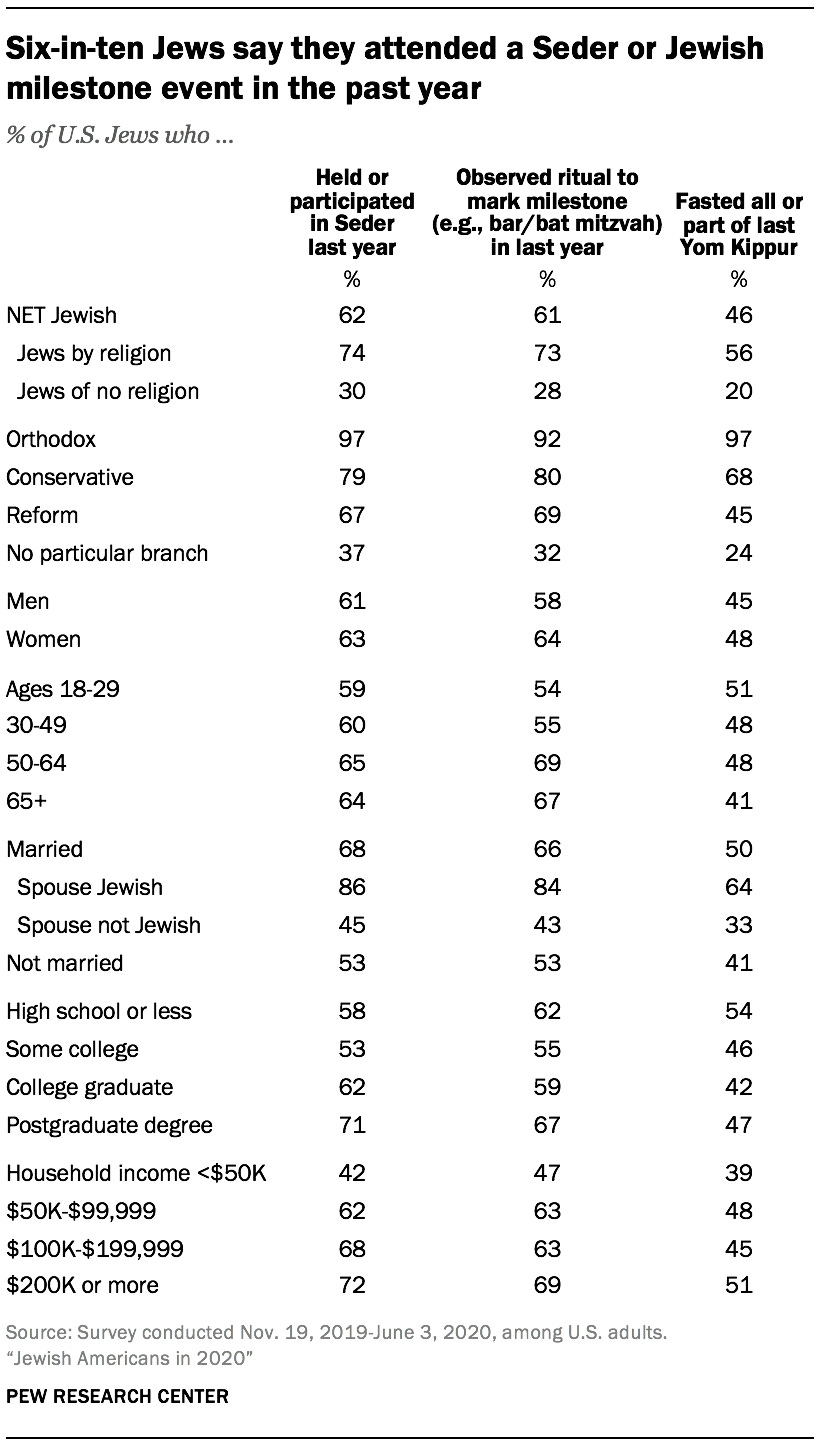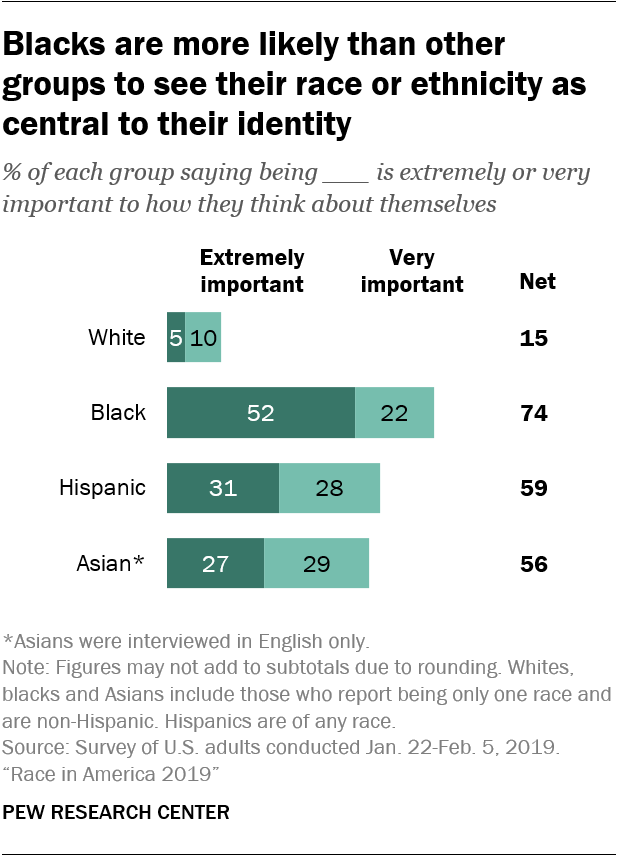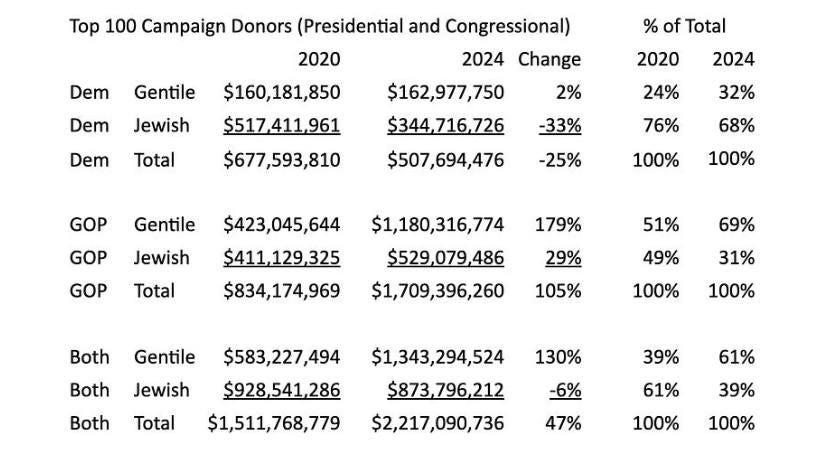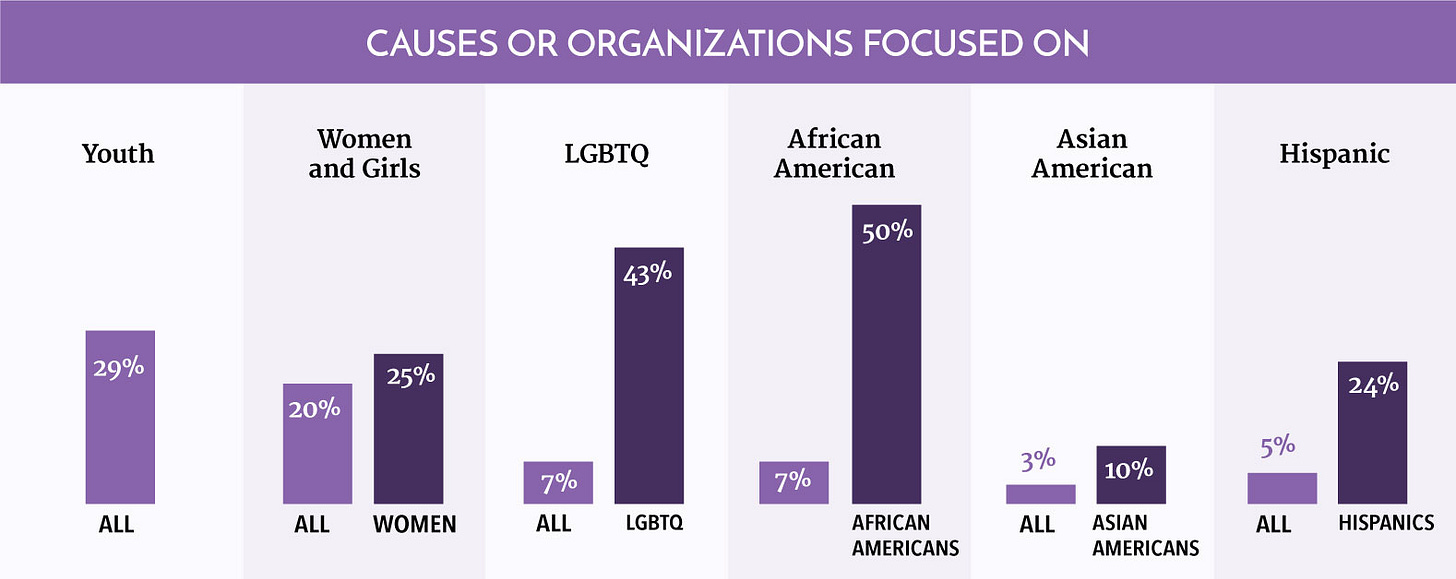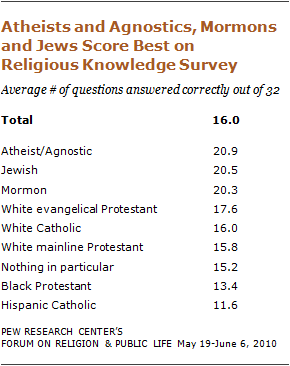How Ethnocentric Are Jews?
Measuring Ethnocentrism within Israeli and Diaspora Jews
Since many people have enjoyed my previous Jewish article, I have decided to follow-up with the second episode.
People on the Dissident Right tend to assign insane levels of ethnocentrism to Jews whereas Jewish apologetics like Nathan Cofnas et al. like to point out to extreme intermarriage rates among Secular Jews and the existence of Jewish anti-Zionist activist to further a claim that Jews are not particularly ethnocentric.
This essay will attempt to explore this debate relying on modern statistics.
But first, what is ethnocentrism?
In the book “Race Differences in Ethnocentrism” Edward Dutton uses the definition put forward by an American economist William Sumner that defines ethnocentrism as:
the view of things in which one’s own group is the centre of everything and all others are scaled and rated with reference to it … Each group nourishes its own pride and vanity, boasts itself superior, exalts its own divinities, and looks with contempt on outsiders
However, ethnocentrism has many dimensions, such that you can view yourself as superior to others, but you can also hate other groups without necessarily viewing yourself as superior. You could thus use resentment and be ethnocentric towards the outgroups without necessarily valuing the in-group that much. For this purpose Edward Dutton carves up ethnocentrism into “positive” and “negative”, respectively.
He defines “positive ethnocentrism” as “taking pride in your ethnic group or nation and being prepared to make sacrifices for the good of it,” and “negative ethnocentrism” as “being prejudiced against and hostile to members of other ethnic groups.” Dutton not only contends but shows that individuals and groups can score high in the former while remaining low in the latter. More rigorously framed, these two dimensions of ethnocentrism correspond to distinct pillars of group evolutionary strategy: in-group cooperation versus out-group competition.
Practically speaking, exterminating the Gazans because they are Amalek would indicate negative ethnocentrism whereas donating money to Jewish causes or demanding DEI protections for Jews would then indicate positive ethnocentrism.
In what follows, I will present and assess the evidence bearing on the scope and character of Jewish ethnocentrism.
Direct Evidence for Positive Ethnocentrism:
One can start off by looking at how important is Jewish identity for American Jews.
An overwhelming 76% of Jews consider their Jewish identity to be 'very' or 'somewhat' important in their lives—surpassing Whites, Hispanics, and Asians by a wide margin, and edging out even Blacks, who traditionally rank highest in ethnic attachment. Similarly, nearly 89% of American Jews (2024) express a favorable view of Israelis, while support for Palestinians remains confined to a distinct minority—underscoring a clear and consistent pattern of ethnocentric alignment.
A good predictor of positive ethnocentrism is the observance of Jewish identified practices that are salient.
Interestingly enough it is most highly pronounced among powerful, educated, religious and well-off Jews who are racially pure relative to converts, mischlings and secular Jews. With ethnocentrism it is just the same. Jewish-related activities rise with education and money. In contrast, with White Gentiles it is the reverse. Higher education and income (which are proxies for intelligence) predict lower religiosity.
According to MacDonald, Judaism is defined by an unyielding sense of separateness from Gentiles, even in the absence of significant physical distinction. Jews deliberately enforce cultural and genetic boundaries, promote high levels of endogamy, exert strict behavioral control over their members, and punish dissenters with severity. These practices function as a collective strategy designed to maximize in-group solidarity and suppress individual deviation.
Most of the data comes from the United States, however Jews in other Western countries are more ethnocentric than American Jews. Here is a neat example of what I’m talking about:
Looking at the Canadian sample, Jews appear to place even greater importance on their ethnic identity than Blacks, with 64% of them describing it as 'extremely important' to their sense of self, in comparison to 52% of Blacks and just 5% of Whites.
Worth noting is that American Jews are way more liberal and assimilationist than Jews in other Western communities like in Canada. In contrast, to the Canadian sample, American Jews are moderately less ethnocentric than Canadian Jews and slightly less ethnocentric than US Blacks, assigning immense importance to their ethnicity in just 42% of the cases.
The second line of evidence exploring Jewish positive ethnocentrism is the widespread existence of Jewish funded institutions designed for the benefit of Jews. Be it ADL, AIPAC, the AJC, special law firms created for Jews or even your local community center or a gym that is practicing segregation (for the membership is only given to Jews).
To quote Kevin MacDonald:
Woocher (1986, 25-26) points out that charitable work is a very central aspect of contemporary American Judaism as a “secular religion” and in fact constituted the main force for Jewish unity beginning early in the 20th century. Indeed, in the absence of social controls enforcing within-group charity, voluntary financial contribution to Jewish causes became a defining feature of being a Jew. The obligation to aid other Jews had become “a primary expression of the meaning of Jewishness” (Woocher 1986, 28), the primary means for achieving a Jewish identity, for recognizing someone as a Jew, and for maintaining group cohesion in the face of powerful assimilatory pressures.
And again:
The acceptance of mutual responsibility and within-group charity (tzedakah) are basic tenets of Judaism as a civil religion and are central to the perceived moral nature of Judaism. As in traditional Judaism (see Chapter 6), charity is conceptualized primarily as directed within the group. Thus, Woocher (1986, 104 A People That Shall Dwell Alone 125) finds that 51 percent of a group of American Jews in Jewish leadership development programs agreed that providing social and welfare services for Jews was a high priority, and only 2 percent viewed it as a low priority. However, only 4 percent agreed that providing social and welfare services for anyone in need was a high priority, compared to 70 percent who viewed it as a low priority.
Donations are a good proxy for ethnocentrism and so the allocation of these causes can measure the degree of ethnocentrism. For instance, Jews who have experienced antisemitism are 10 times more likely to donate to a charity compared to Jews who have not. This is consistent with the early finding that among the most ethnocentric Jewish cohort, Jewish charity is overwhelmingly prioritized over non-Jewish charity. But even among a less ethnocentric Jewish cohort, the highest average donation is always Israel-related, which occupies around a quarter of all Jewish donations and is by far the largest recipient of Jewish American charity with those with a very strong Jewish identity giving it roughly 50% of their total charity contribution. At the same time, American Jews give more to non-Jewish causes than Jewish ones overall. But this does not control for political donations which may advance Jewish interests.
For instance, while American Jews are traditionally a Democratic voting block in 2024 roughly 1/3 of the top 100 Democratic Jewish campaign donors have switched their allegiances and donated for the Republicans instead of the Democrats after the Democrats were proven to be less reliable on Israel.
To give a better overview of where Jewish-centric donation is most highly concentrated I must quote a Pew Research article:
In the survey (largely completed before the coronavirus pandemic affected daily life across the United States) about half of Jewish Americans say they made a donation to a Jewish cause in the past year. On these measures, too, Jews by religion – and especially Orthodox Jews – are notably more engaged in Jewish communities and causes than are Jews of no religion. For example, 61% of Jews by religion (including 88% of Orthodox Jews) said they made a donation to a Jewish charity in the year prior to taking the survey, compared with about one-in-ten Jews of no religion (11%).
Since truth is discerned through comparison, American Jews seem to exhibit a level of positive ethnocentrism comparable to that of Blacks who donate half of their charitable contributions to explicitly Black causes. On the other hand, Canadian Jews exhibit much higher level of positive ethnocentrism than American Jews in their donations with 80% of their total donations going to Jewish causes, mirroring the Orthodox Jews in the United States.
[Note the very high level of queer donations given to LGBTQ causes as well as the very low level of Asian donations to explicitly Asian causes]
Nepotism and in-group bias:
There is very little data on this, as most of it is anecdotal. If I were to cite the best evidence of a pro-Jewish bias I would point out to their clannish public behavior but a far as I’m aware there is no study looking at this and the topic is poorly researched overall, despite this I managed to dig-up some very high-quality gems.
Second best example is Jewish nepotism which results in better earnings if one is tied to the Jewish community. To quote from a study:
The Conservative Jews serve as the benchmark. When the analysis is performed using denomination raised, Conservative Jews have the highest earnings, but their earnings do not differ significantly from those who say they were raised Orthodox or Reform. Those who report that they were raised “just Jewish” secular, or non-Jewish have significantly lower earnings, with the latter two categories having earnings that are lower by about 40 percent compared to Conservative Jews.
40% is a pretty big jump given that higher religiosity is correlated with a lower IQ and less wealth overall.
It is difficult to explain this away knowing that Atheist Jews must have higher IQs than religious ones, especially ultra-religious like the Haredim, given the very high overrepresentation of secular Jews in power and prominence in comparison to religious Jews.
This of course has real-world effects, and while it is practically impossible to study Jewish networks like the RJC or ADL in a scientific manner, Sean Last provided a great summary to the networking and nepotistic practices of Jews that I will attach here:
Jews with a stronger group identification exhibit a stronger pro-Jewish bias and Jews have a strong group identity overall.
Finally, 71% of American Jews believe that for an “organization to speak for American Jews, it must be almost entirely made up of Jews” which indicates a form of awareness about how their ethnicity is tied to their group interests.
Next portion of the article will be behind a paywall


